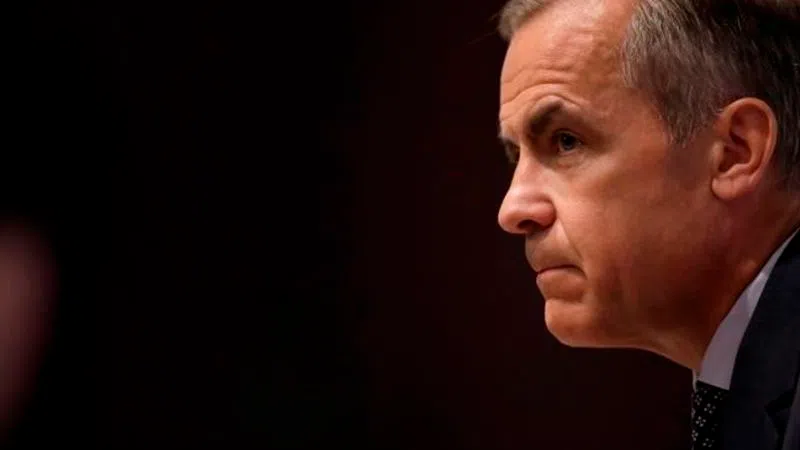
Former Bank of Canada governor to serve as UN special envoy on ‘climate action’
Bank of England governor Mark Carney, who previously served as Canada’s top central banker, will be taking on a new role as the United Nations’ special envoy on climate action and climate finance.
U.N. Secretary-General Antonio Guterres made the announcement while speaking to reporters in Madrid on Sunday, adding the move will take effect next year.
Carney was due to step down as bank governor early next year, having already extended what was meant to be a five-year term.
During his tenure, the former investment banker played a key role in trying to manage the British economy as the country prepares to leave the European Union.
